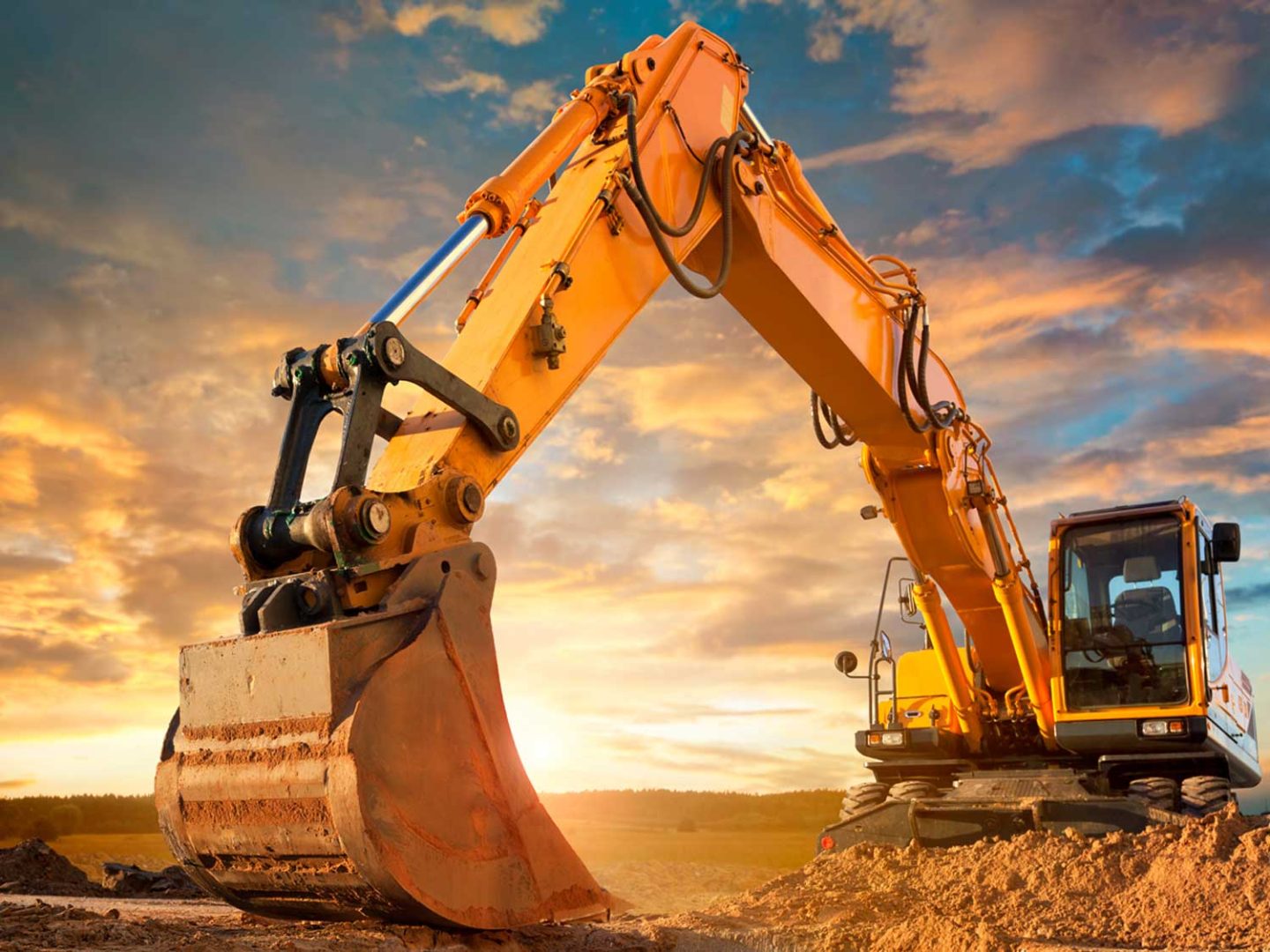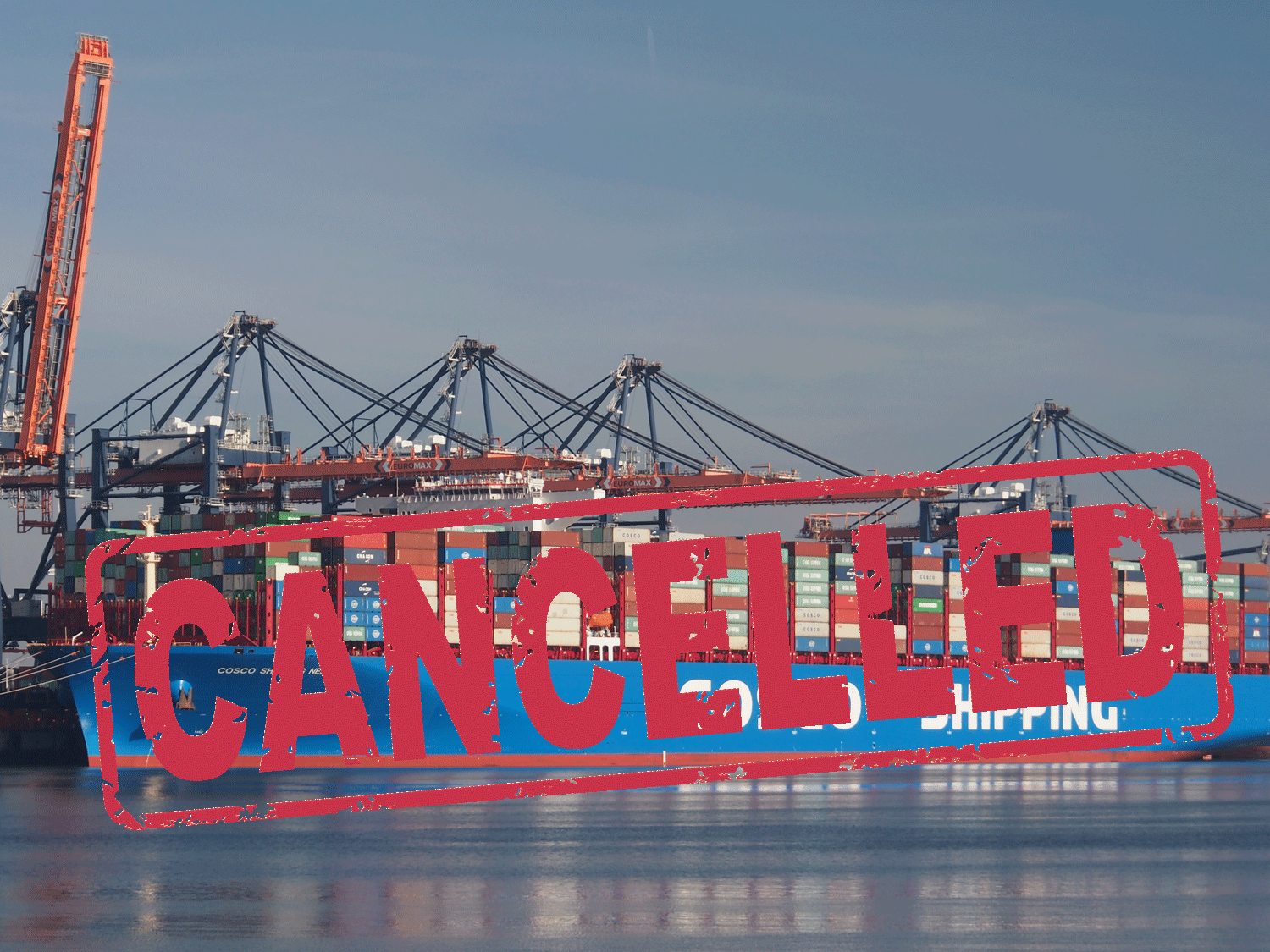America’s machinery manufacturers have raised red flags over escalating tariff costs, reinforcing growing concern across the manufacturing sector.
With supply chains spanning the US, Europe, Mexico and China, heavy equipment manufacturers are experiencing firsthand how volatile trade policy is impacting cross-border operations, logistics flows and profitability.
Despite their strong domestic production footprints, manufacturers rely on global imports for key components—especially from Europe and China. These imports, once routine, have become financial pressure points in the wake of rising duties and retaliatory tariffs.
One leading manufacturer is forecasting up to $350 million in tariff expenses this quarter alone, while another expects annual tariff-related costs to top $500 million.
The problem isn’t just confined to import charges. Export volumes are also under pressure, as shifting trade dynamics alter demand patterns and reduce competitiveness in overseas markets.
North America-Centric, Globally Exposed
Two leading manufacturers source more than 75% of their components from within the United States, but their supply chains extend well beyond national borders. Equipment parts arrive from factories and suppliers across Canada, Europe and Latin America and a substantial proportion of inputs still come from Asia, most notably China.
With a growing share of international trade now subject to unpredictable tariffs, even these diversified sourcing strategies offer limited insulation. One manufacturer, for example, cited that half of its projected tariff costs stem from Chinese imports alone.
Even the recent 90-day tariff easing between the US and China, announced on 14 May, is unlikely to provide lasting relief. As one executive warned, the long-term environment remains uncertain: “Many mitigation strategies require clarity and certainty on tariffs, but the landscape is too volatile to act decisively.”
Sales are already reflecting these pressures. In the second quarter, one company reported a 16% drop in total revenue and a 23% fall in construction and forestry equipment sales. Its peer, reporting for Q1, posted a 10% decline in total revenue, with construction equipment hit hardest, down 19%.
Strategic Logistics Support from Metro
Metro works with world-leading manufacturers and understands the complexities of global equipment supply chains. Whether moving machinery from US heartlands like Illinois and Texas, or coordinating inbound component flows from Europe, Canada, Mexico or China, Metro helps manufacturers manage risk, maintain continuity, and adapt quickly.
We manage high-and-heavy, breakbulk and RoRo shipments across key corridors, with logistics and customs services designed specifically for industrial equipment movements.
- End-to-end customs expertise, including tariff classification, valuation, and compliance guidance
- Integrated transport planning, enabling smarter decisions on routing, modal shifts, and consolidation
- Support for North American, European and Asia-Pacific flows, backed by local teams and global visibility
- Proactive trade advisory services, keeping clients informed and prepared as policies evolve
As political negotiations reshape tariff regimes and global supply chains remain under strain, manufacturers with international exposure need more than reactive logistics. They need strategic, agile partners that will future-proof their supply chains, reduce friction across borders, and protect performance in the face of mounting uncertainty.
EMAIL Managing Director, Andrew Smith, to discuss how Metro can support your global logistics strategy.





